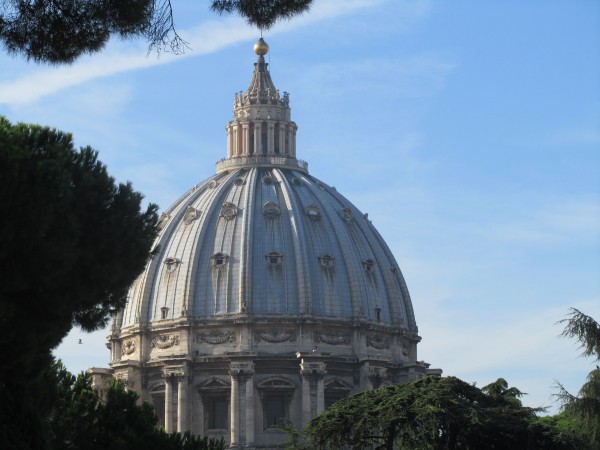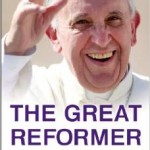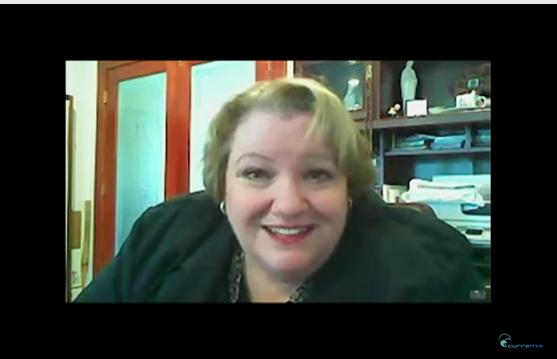
ROME— Pope Francis ordered the establishment of a special court to try bishops for mishandling cases of clerical sex abuse, filling a widely decried gap in the Vatican’s approach to the problem.
The Vatican on Wednesday said the Congregation for the Doctrine of the Faith, which already holds responsibility for cases of sex abuse by priests, will also “judge bishops with regard to crimes of the abuse of office when connected to the abuse of minors.”
While the Vatican has disciplined hundreds of priests for sex abuse since the outbreak of scandals in the early 2000s, no pope has explicitly punished a bishop for failing to prevent or punish abuse committed by other clergy.
As usual, John Allen has the excellent analysis:
Vatican officials stressed that the tribunal is not intended to take the place of civil law enforcement. If a bishop’s failure to act on an abuse charge constitutes a crime where he lives, those officials said, he’ll still have to face civil consequences.
Instead, the tribunal is intended to ensure that in addition to whatever criminal liability a bishop may face, he’s also held accountable inside the Church.
In effect, the tribunal is an answer to the most critical question many abuse victims and other observers have asked for years about the Church’s official embrace of zero tolerance: What happens when a bishop ignores it?
Critics cited Bishop Robert Finn of Kansas City-St. Joseph, for instance, who was convicted on a misdemeanor criminal charge of delaying to report an accusation of child abuse against one of his priests in 2012, but remained on the job until Francis accepted his resignation in April.
Speaking on background, Vatican officials said the new tribunal is designed to handle precisely that sort of situation. In theory, a bishop could appeal a verdict to the pope, but a Vatican spokesman said Wednesday “there’s no reason to expect he’d overrule the tribunal’s decision.”
The announcement comes at a time when the pope’s commitment to abuse reform has come into question in various parts of the world.
Read the whole thing. Allen brings up Pope Francis’ controversial recent appointment of Juan de la Cruz Barros Madrid as the new bishop of the Diocese of Osorno (which I wrote about here).
And John Thavis: There are several remarkable aspects of Pope Francis’ decision:
— It demonstrated that bishops are no longer considered “untouchable,” and will face serious consequences for their actions or inaction.
— It made clear that bishops answer not only to the pope, but also to their people. That reflects a new willingness at the Vatican to implement the church law provision that says bishops can lose their office for “culpable negligence” that harms the faithful.
— By inviting complaints against bishops – saying, in fact, that Catholics have a “duty” to report such failings – the Vatican has opened a new and important channel of communication for Catholic laity.
Almost every report I’ve read has mentioned Bishop Finn, probably because his case is so fresh, but one wonders whether the first name on the docket might end up being Boston’s Cardinal Bernard F. Law, predecessor to Cardinal O’Malley, who resigned in 2002 and in 2004 — after a brief stint as chaplain to the Religious Sisters of Mercy, in Alma, Michigan — was appointed an Archpriest of the Basilica of Mary Major by Pope John Paul II. This move brought to Rome and kept him there.
Law resigned that position until 2011, when he resigned at 80 years of age. Now 83, his advanced age and retired status may factor into the Tribunal’s interest (or lack thereof) in tackling his term.
Interestingly, I’m seeing less written on this story than one would have supposed, but I suspect that’s because the tribunal, while unanimously approved is not yet a reality, and while Thavis notes that the tribunal approval was fairly swift, Rome generally takes its time about things. Likely it will as regards implementation, here. Also, the imminent release of Pope Francis’ encyclical on the climate and environment has Catholic pundits, newsfolk, and junkies — especially those who (yea or nae) have agendas and narratives they hope to bolster with Francis’ words — rather giddy with anticipation.
That’s a shame. For all of the raw headlines rightly generated for the church’s misteps and failings on the issue of sex abuse, it seems when a pope does the right thing by the issue and the victims, the headlines always seem quieter and a bit harder to find.
MEDIA NOTE:
Assuming my webcam doesn’t bomb out again (Lizzie needs a new laptop), I will be talking about this story on Huffpo live, at 12:30 Eastern, today. Okay, that didn’t work out but you can watch the men-heavy panel discussion, here.
Related:
A look back at a piece on a bishop’s thankless task












